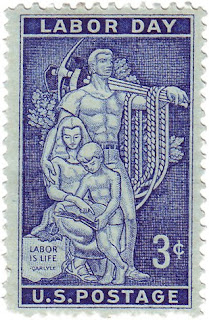 In Washington State, a public agency must obtain an Affidavit of Wages Paid, approved by the Department of Labor and Industries, from the contractor and each subcontractor (of any tier) after work has been performed.
In Washington State, a public agency must obtain an Affidavit of Wages Paid, approved by the Department of Labor and Industries, from the contractor and each subcontractor (of any tier) after work has been performed. The Affidavit includes information about the classification of workers actually utilized on a public works project and notes the hourly wage actually paid to such workers. The hourly wages must be at least the prevailing wages applicable for the project (based on the bid submittal deadline) before Labor & Industries will approve the Affidavit.
RCW 39.12.040 (1)(b) is more specific as to the timing for obtaining Affidavits of Wages Paid. They must be submitted after final acceptance of the project, but prior to release of retainage.
Here's the language from the state law:
"Following the final acceptance of a public works project, it shall be the duty of the officer charged with the disbursement of public funds, to require the contractor and each and every subcontractor from the contractor or a subcontractor to submit to such officer an "Affidavit of Wages Paid" before the funds retained according to the provisions of RCW 60.28.011 are released to the contractor."
Some public agencies have made it a practice to delay final acceptance of a project until they have received all of the Affidavits, a practice that doesn't appear to be supported by RCW 39.12.040 (1)(b).
Public agencies should require submittal of Affidavits of Wages Paid after final acceptance and prior to release of retainage.
































